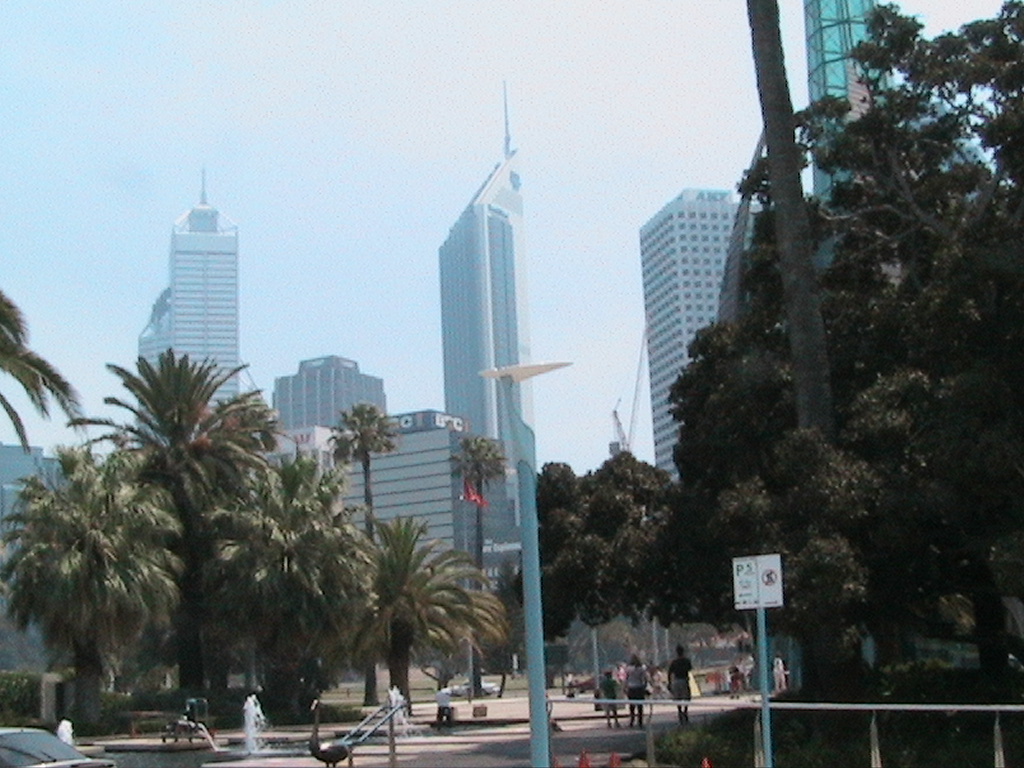Tariffs have transformed the leather boot manufacturing industry in Australia.


Tariffs have transformed the leather boot manufacturing industry in Australia.

New Home Sales Opportunities I’ve noticed some new home sales positions available with builders lately. Has anyone had positive experiences in this line of work? I’m thinking it might be

Vegemite on Crumpets: A Delightful Duo or Culinary Misstep? Growing up, my taste buds were frequently treated to the unique combination of Vegemite slathered on crumpets. This childhood staple of
Absolutely, the changes in tariffs have had a significant impact on Australia’s leather boot manufacturing industry. Over the years, tariff adjustments have influenced the competitive landscape, affecting both domestic producers and international competitors.
Higher tariffs on imported boots can provide a temporary advantage to local manufacturers by reducing foreign competition, potentially allowing them to increase production and hire more workers. However, it can also lead to higher prices for consumers and may limit choices available in the market.
Conversely, lower tariffs may encourage imports, which can make boots more affordable for consumers but could pose challenges for local manufacturers trying to compete on price. It’s crucial for the industry to adapt to these changes by focusing on quality, innovation, and branding to distinguish their products.
Overall, the interplay of tariffs and market dynamics has shaped the industry, influencing not only production practices but also the economic viability of local manufacturing in Australia. How do you see the future of this industry evolving in response to these changes?